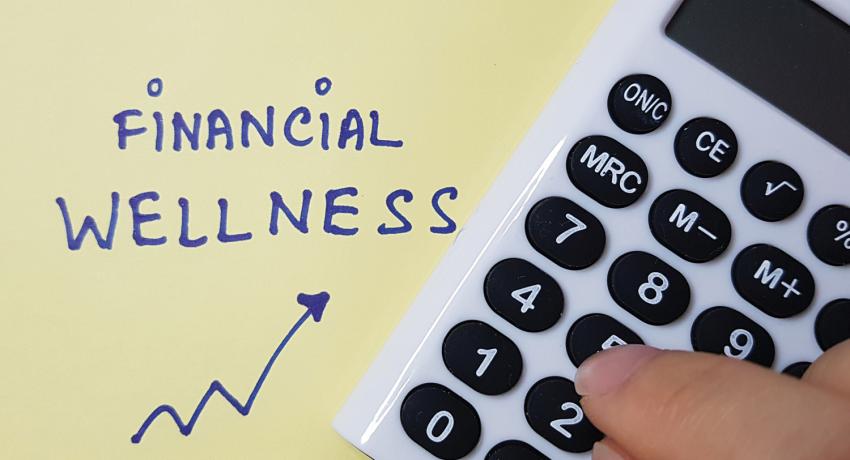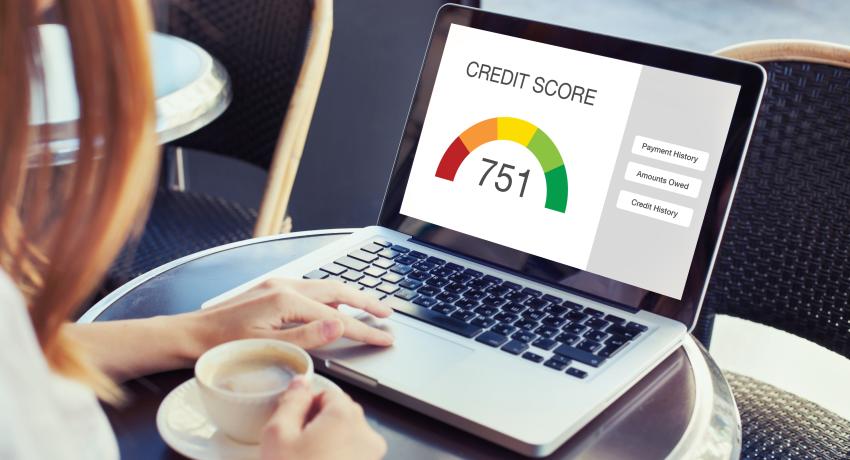
How to Build and Maintain Good Credit
Your credit score is a crucial part of your financial health. It measures the capacity of your credit, the proficiency of your money management and your financial responsibility. An excellent credit score can open the door to large loans with better interest rates, as well as employment opportunities and more. On the flip side, a poor credit score can be a strong barrier towards building wealth, funding large purchases and finding gainful employment. Here are the best ways to build and maintain a good credit score.
Have active credit cards
Many people mistakenly believe the path towards great credit is through swearing off all credit cards. However, building and preserving a healthy credit score requires owning a card or two and keeping them active. If you’re just starting out, consider signing up for a beginner’s card, which generally features easy eligibility requirements and very little available credit. Our Credit Builder Secured Visa® Card has borrowing options to help establish or repair your credit. Otherwise, be sure you have a minimum of three open credit cards, and use and pay them off on a regular basis.
To keep your cards active without having an open balance, you can pay one fixed monthly bill, such as a subscription or monthly membership fee, with each of your credit cards. Set up an automatic monthly payment for the bill by linking your credit card, and then set up an automatic monthly payment for the credit card too, by linking your checking account to the card. Choose to have the money transferred before the bill is actually due. This way, your cards will be open and active and you’ll never have a late payment, which would negatively impact your credit score. Several months of using your cards responsibly will generally help move your credit score upward.
Work on paying down debt
If you’ve landed deep in debt and can’t find a way out, now’s the time to work on kicking that debt for good.
First, choose your debt-crushing method. The snowball method works by putting all available funds toward paying off the smallest amount of debt first, and then the next-smallest, until all debts are paid off. The avalanche method works the same way, but pays off the debt with the highest interest rate first, and then the next-highest, until all debts are paid off. With the snowball method, you’ll see results quicker, but may ultimately pay more in overall interest. Choose the method that works best with your personality, goals and lifestyle. Next, list your debts. If you’re going with the snowball method, list in order from lowest amount to largest. If you’ve chosen to use the avalanche method, list your debts in descending order of interest rate.
You’re now ready to pay down those debts. Review your monthly budget to find a way you can trim your expenses, or look for a side hustle, and use the extra cash to maximize your payments toward the debt you’re working on first. Keep at it until you’re debt-free. Use our free debt calculators to strategize how you can pay off your debt. It may take a while to crush a mountain of debt, but showing the credit bureaus you’re on track to pay off that debt can do wonders for your credit score. If you’re needing a little help getting started, members can utilize our Partners in Financial Health program. A GreenPath credit counselor will work with you to review your financial situation and develop a personalized plan to meet your needs and circumstances. Services include debt counseling, debt management, credit report review, financial education and more.
Pay your bills on time
Paying credit card bills when, or before, they’re due is a major factor in determining your credit score. Carrying an outstanding balance, and/or owing lots of interest, shows you’re not timely with your bills and can’t be counted on to repay loans responsibly. As mentioned, you can set up automatic monthly payments for your bills so you’re never late. Just make sure you keep the account you’re paying from well-funded to cover your payments as they come out.
You can track spending, set financial goals and establish realistic budgets with My Financial Partner, our free online personal financial management tool.
Bring down your credit utilization ratio
Another crucial factor contributing to your credit score is your credit utilization ratio. This refers to the amount of available credit you have and use. It’s best to keep your utilization under 30%. Make sure you’re using just a bit of your available credit each month. In addition, consider accepting offers for increased credit–as long as you know you won’t rack up huge bills by having all that additional credit. With our FICO® Score feature through our Mobile Banking App, you can view your FICO® Score, including personalized key factors influencing your score.
Keeping a good credit score is a key factor in financial wellness. Use the tips outlined here to build and maintain a good score.









